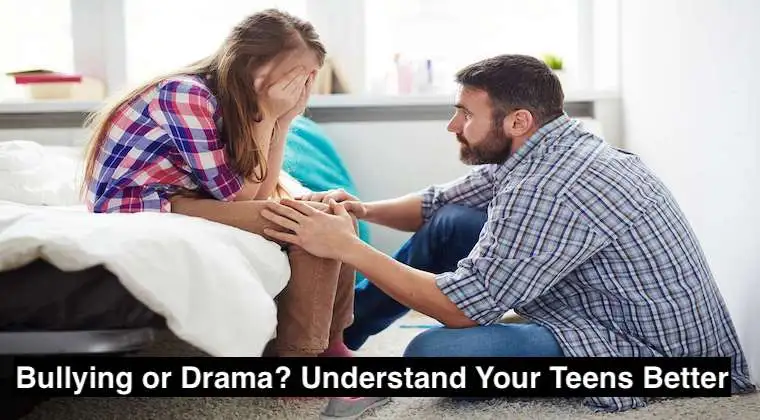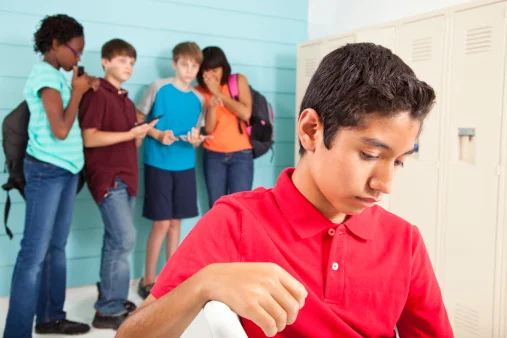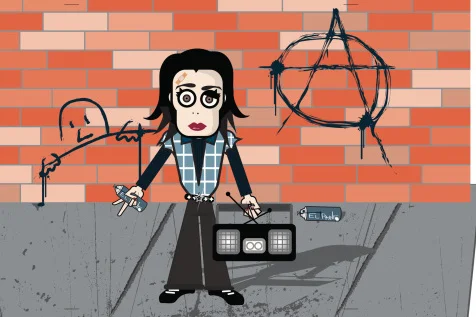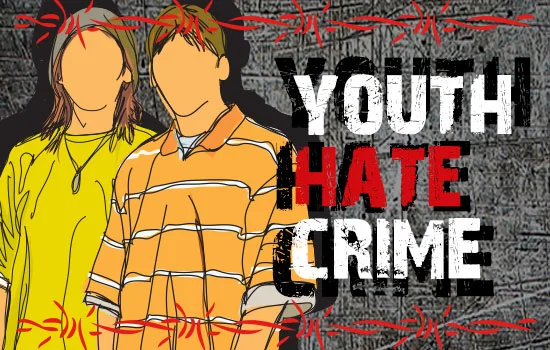+1 845 259 2974 (11 a.m to 7 p.m CST)
Bullying or Drama? Understand Your Teens Better

Bullying and drama are significant challenges in the lives of many teenagers today. These issues can deeply affect a teen's emotional and mental well-being. From harsh words in the hallways to cyberbullying online, the impact is real and often painful. As parents and guardians, understanding these problems is crucial. It's not just about keeping them safe; it's about helping them navigate complex social situations.
Recognizing the signs and knowing how to support your teen can make a huge difference. Let’s get in to detail about parents understanding and addressing bullying and drama, emphasizing the importance of communication and the right use of parental controls.
Difference between Bullying and Drama
Bullying and drama, while sometimes overlapping, have distinct characteristics:
Bullying:
- It involves an imbalance of power, where the bully exerts control over the victim.
- Can be repetitive, targeting the same individual over time.
- Includes acts of aggression, intimidation, or harassment.
- It has a clear perpetrator and victim.
Drama:
- Often it arises from conflicts or misunderstandings among peers.
- Might not have a clear imbalance of power; involves multiple parties.
- Can be a one-time incident or series of incidents without a repetitive target.
- Includes gossip, rumors, and relationship conflicts.
Understanding the difference is crucial. Bullying requires intervention to protect the victim, while drama may need mediation and guidance to resolve conflicts and improve communication among teens.
Different Types of Bullying
Bullying among teens manifests in several harmful forms, impacting their lives significantly:
- Physical Bullying: This involves direct physical harm, such as hitting, pushing, or other forms of physical aggression. It's the most visible type and can instill immediate fear and intimidation in victims.
- Verbal Bullying: This form includes taunts, insults, derogatory comments, and threats. It can severely damage a teen's self-esteem and sense of security, often leaving deep emotional scars.
- Cyberbullying: A particularly insidious form that takes place over digital platforms. Teens may face harassment, shaming, or threats online. Because it can occur anonymously and reach a wide audience, cyberbullying is both pervasive and difficult to escape.
The Impact of Drama on Teen Relationships and Mental Health
Drama, often fueled by gossip, misunderstandings, or social media, can severely affect teenagers:
- On Relationships: Drama can erode trust, break friendships, and lead to social isolation. It often creates an environment of constant tension and mistrust among peers.
- On Mental Health: The emotional toll from drama can be significant. It can contribute to anxiety, depression, and other mental health issues, affecting teens' ability to focus, study, and engage in everyday activities.
Signs Your Teen Might Be Facing Bullying or Caught in Drama
Noticing certain signs can help parents identify if their teen is struggling with bullying or drama:
- Emotional and Behavioral Changes: Look for signs of anxiety, depression, sudden mood swings, or aggression.
- Physical Signs: Unexplained injuries or frequent complaints of feeling unwell could indicate bullying.
- Avoidance Behavior: Avoiding school, social situations, or sudden changes in friendship circles can be red flags.
- Academic Performance: A noticeable drop in grades or disinterest in schoolwork can suggest distress.
- Digital Behavior: Overly secretive about online activities or noticeable distress after using their devices could indicate cyberbullying.
Being aware of these signs and understanding the dynamics of bullying and drama can empower parents to intervene effectively and support their teens through challenging times.
Parental Controls and Digital Safety
Parental controls are tools that help guardians monitor and manage their children's digital activities. They work by restricting access to inappropriate content, limiting screen time, and monitoring online interactions. Here’s how to navigate this space:
Choosing the Right Tools:
- Look for apps or software that fit your family’s needs. Consider age-appropriate filters, time management features, and the ability to monitor social interactions.
- Read reviews and seek recommendations to find reliable and effective solutions.
Balancing Privacy and Safety:
- Open dialogue is key. Discuss the reasons behind using parental controls with your teen.
- Set clear boundaries. Use safety controls while respecting your teen’s privacy and independence.
- Adjust settings as your teen grows, fostering trust and responsibility.
In today’s digital age, parental controls are a crucial part of keeping kids safe online. However, they work best when paired with open communication and mutual respect between parents and teens.
When to Seek Professional Help?
Seeking professional help is crucial when bullying or drama severely impacts your teen's well-being. Here's when and how to get the assistance you need:
When to Seek Help:
- If your teen shows signs of depression, anxiety, or drastic changes in behavior.
- When issues persist despite attempts to resolve them through communication or school intervention.
How to Seek Professional Advice:
- Contact a licensed mental health professional, like a psychologist or counselor, experienced with adolescents.
- Reach out to your teen's school counselor for support and guidance.
Resources for Support and Counseling:
- Local Mental Health Services: Look for clinics specializing in adolescent mental health.
- Online Therapy Platforms: Offer convenience and privacy for teens uncomfortable with face-to-face sessions.
- Support Groups: Both in-person and online groups can provide a sense of community and shared experience.
Getting the right help can empower your teen to overcome challenges and build resilience, leading to a healthier, happier life.
Understanding the nuances of bullying and drama in teens' lives is essential for parents and guardians. By recognizing the different types of bullying, the impacts of drama on mental health and relationships, and knowing the signs to look out for, you can offer the right support. Utilizing parental controls wisely and engaging in open dialogues about digital safety are crucial steps towards protecting and guiding your teen.
Moreover, real-life success stories remind us of the resilience of teens and the power of supportive interventions. And when challenges persist, seeking professional help can provide the necessary support and resources to navigate these complex issues. Ultimately, staying involved, informed, and empathetic is key to helping your teen navigate the turbulent waters of adolescence with confidence and security.























